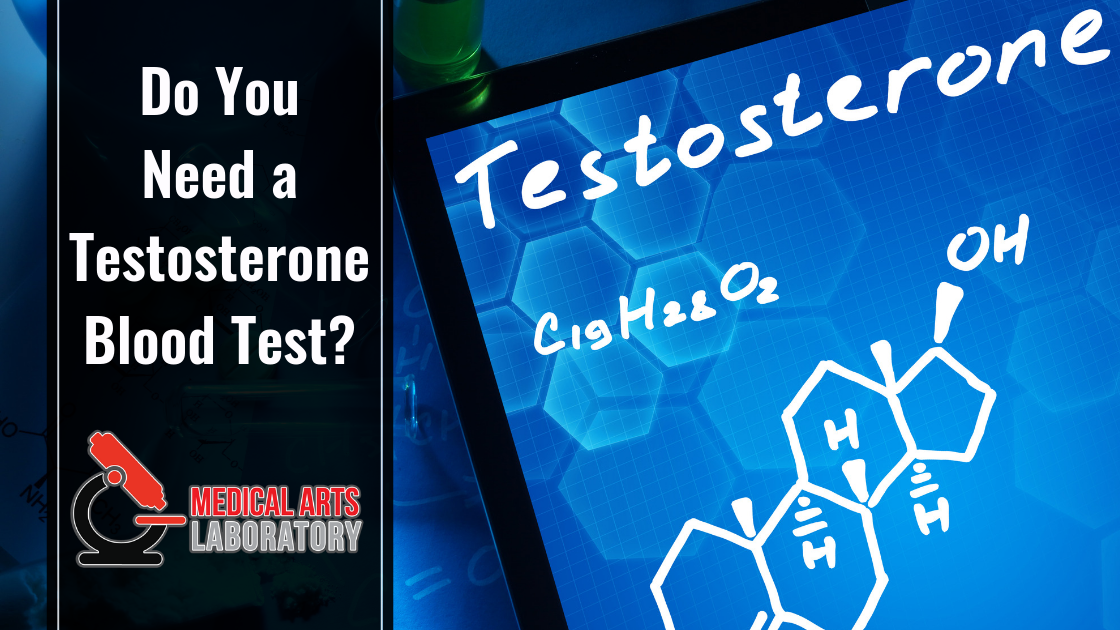
14 Jan Do You Need a Testosterone Blood Test?
According to the American Urological Association, about two out of 10 men over age 60 have low testosterone. That number increases slightly, to three out of 10 men in their 70s and 80s. We get an idea of how high these numbers are, given the amount of commercials and advertisements we see for treatments. Unfortunately, symptoms of low testosterone are not always obvious, and can go on to have a significant impact on the lives of men and women. Learn when you should consider having a testosterone blood test, symptoms to look for and how the test is performed.
When to Consider a Testosterone Test
A normal testosterone-level range for men is 300 to 1,000 nanograms per deciliter (ng/dL). For women, it’s between 15 and 70 nanograms per deciliter. While testosterone decreases naturally with age, it can also occur in relation to several health conditions or concerns. In men, it may be a side effect of:
- Infertility
- Hormone therapy
- Male menopause (andropause)
- Hypogonadism
- Testicular cancer
In women, it can include ovarian cancer and polycystic ovary syndrome (PCOS). A testosterone test can confirm these, so that they may continue to be monitored, or treated if deemed necessary.
Symptoms of Low Testosterone
As with many condition, low testosterone presents differently for men and women. Symptoms of low testosterone in men can include: erectile dysfunction or the ability to reproduce, depression, obesity, low energy and loss of interest in sex. Women may experience growth of facial hair, decreased breast size, a deeper voice and acne. Despite these known symptoms, the full impact of low testosterone is still being discovered. More recently, it has been linked to life expectancy and health issues, including diabetes, obesity, metabolic syndrome and osteoporosis.
Testosterone treatment is frequently sought, as it presents a wide array of benefits. While it does include risks, such as blood clots and stroke, these are claimed to be offset by occasionally donating blood. Those considering testosterone testing and treatment should always pursue the advice of a doctor, despite the availability of over- the-counter testosterone supplements and boosters. An unnecessary increase of testosterone, leading to elevated levels, presents equal risks.
How is a Testosterone Test Performed?
Testing your testosterone levels is simple, and can be completed along with any other blood tests. The only potential difference for this blood draw is time. The most accurate results will be when testosterone levels are at their peak, typically between the hours of 7 and 10 a.m. On rare occasions, the test may need to be run a second time, to confirm results. As with any labs, alert your doctor or lab technician to any medications you are taking that may influence the outcome. In some instances, a physical exam may also be performed, if common symptoms are apparent.
At Medical Arts Laboratory, we offer a wide variety of blood tests to help you obtain the information vital for your health. As a full-service independent clinical reference lab, we can fulfill or refer any request. Read our blog to learn what to expect during a routine blood exam, or contact us today with any questions.




No Comments